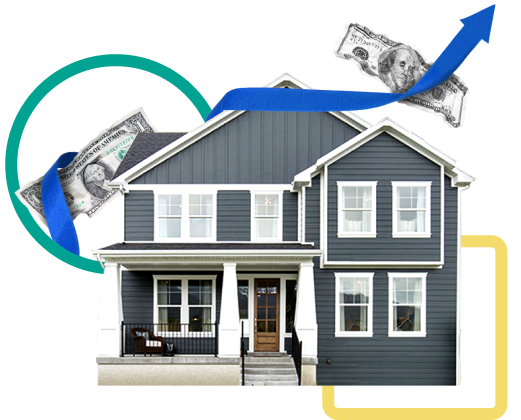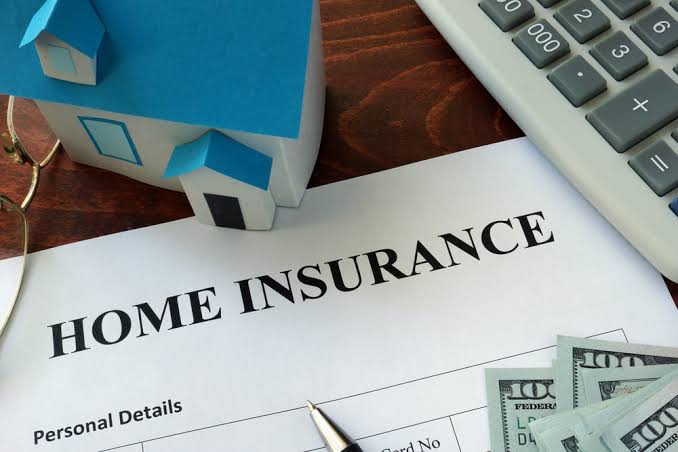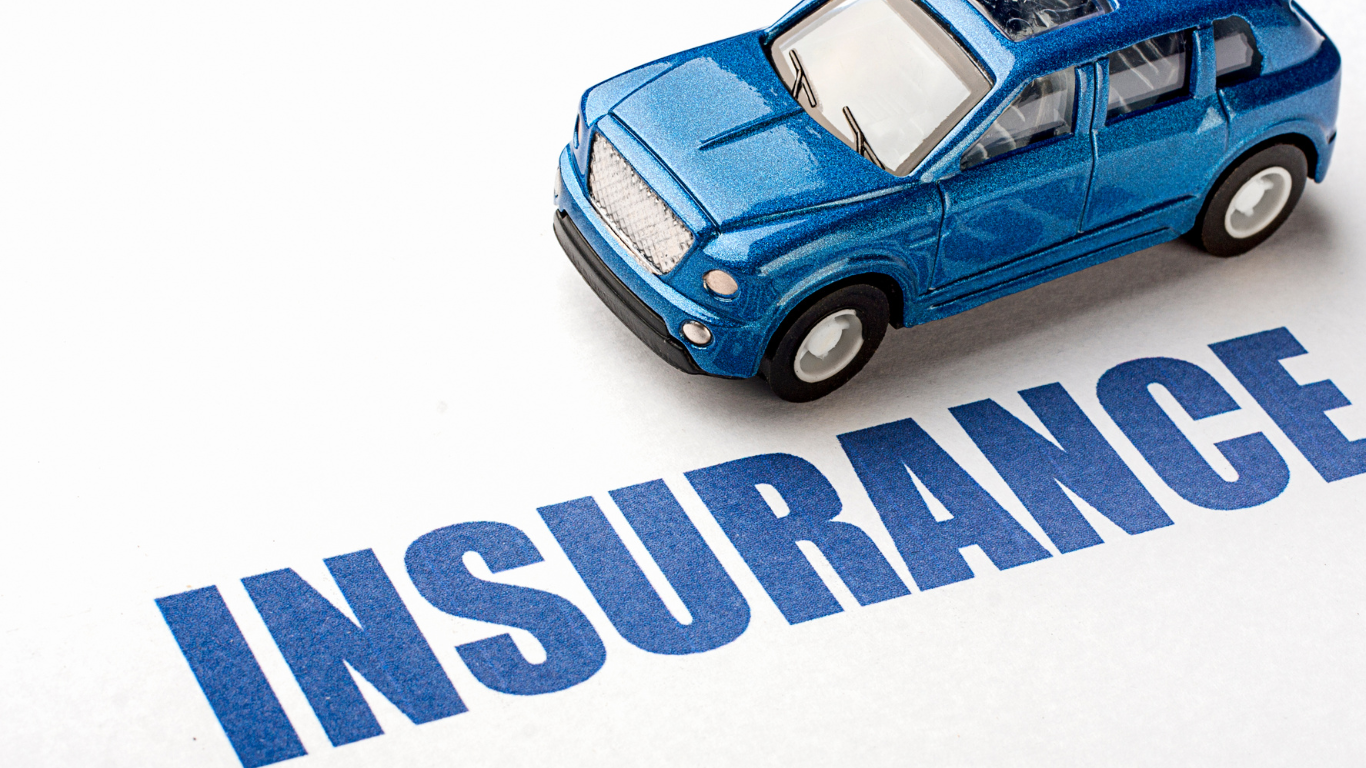How Your Credit Score Affects Homeowners Insurance
In most jurisdictions, insurers utilize what is known as a credit-based insurance score to assist calculate house insurance prices.
Purchasing a home can be difficult and costly for those with bad credit. If you locate a lender that will give you a mortgage, your interest rate will usually be greater than someone with stellar credit. Moreover, homeowners insurance may cost you substantially more.
A NerdWallet rate research indicated that a person with decent credit would pay $1,784 per year for homeowners insurance, on average. Yet, a person with bad credit would typically pay an annual premium of $3,142, which is more than 76% higher.
Each insurer has its own definitions of “good” and “poor” credit, but they’re generally in line with traditional credit score ranges. A decent credit score normally lies between 690 and 719, whereas below 630 is considered a bad score.
Using credit to set homeowners, renters, condo and mobile home insurance costs is not authorized in California, Maryland and Massachusetts.
How credit influences the cost of home insurance
Since the 1990s, insurance companies have employed credit score models to gauge a person’s potential insurance risk. Businesses can use these scores to establish your premiums or to decide whether to sell you a policy at all.
A credit-based insurance score is comparable to a standard credit score, but it is weighted slightly differently. Both scores take into account elements like your debt load and your payment history.
Insurers often don’t use your credit history to determine your capacity to pay your premiums, unlike your mortgage lender or credit card company. Instead, they’re trying to anticipate how likely you are to file a claim. Research have indicated that those with lower insurance score based on credit are responsible for a greater portion of claim payouts.
A higher risk for the insurance provider and a higher rate for you are associated with a higher likelihood of making a claim. HOMEOWNERS INSURANCE AT THE LOWEST PRICE
Is it appropriate to base home insurance prices on credit history?
Various consumer advocacy organizations have spoken out against the use of credit in establishing insurance pricing. They say that the practice has a discriminatory impact on people of color, who frequently have worse credit scores than white people, as a group.
The COVID-19 epidemic has only deepened this racial divide. According to a research by Harvard University’s Joint Center for Housing Studies [1], minority households were more likely to experience job loss and financial hardship during the epidemic.
Some state insurance commissioners took action to reduce the influence of credit on determining price in order to lessen the pandemic’s financial toll. For instance, in Nevada, an insurer cannot increase your premium or refuse to provide coverage based on changes to your credit score that occur on or after March 1, 2020.
In Washington, the insurance commissioner attempted to establish a three-year embargo on using credit information to set premiums for car, homeowners or renters insurance. But, a judge later overturned the ban.
The cheapest businesses for homeowners with bad credit
Those with bad credit may pay less with some firms than with others because each insurance company employs its own intricate system to determine homeowners insurance rates. The typical annual premiums for homeowners with bad credit from a few large insurers are listed below.
How to get homeowners insurance for less money
Look around. The greatest strategy to find more affordable insurance is to examine quotes from multiple firms. Online homeowners insurance quotes are available, or you may ask an impartial professional to compare rates on your behalf. To ensure a fair comparison, double-check that the coverage amounts and deductibles on each quote are comparable.
Boost your credit score. Long-term, raising your credit score can result in annual savings of several hundred dollars on homeowners insurance. Paying your bills on time and using less of your available credit can assist. Find out more about fixing your credit.
Request discounts. Check with your insurer or agent to be sure you’re getting all the home insurance discounts you’re eligible for. Many carriers provide savings if you combine multiple policies (like as homeowners and vehicle) or use defensive devices such as burglar alarms or smoke detectors.



